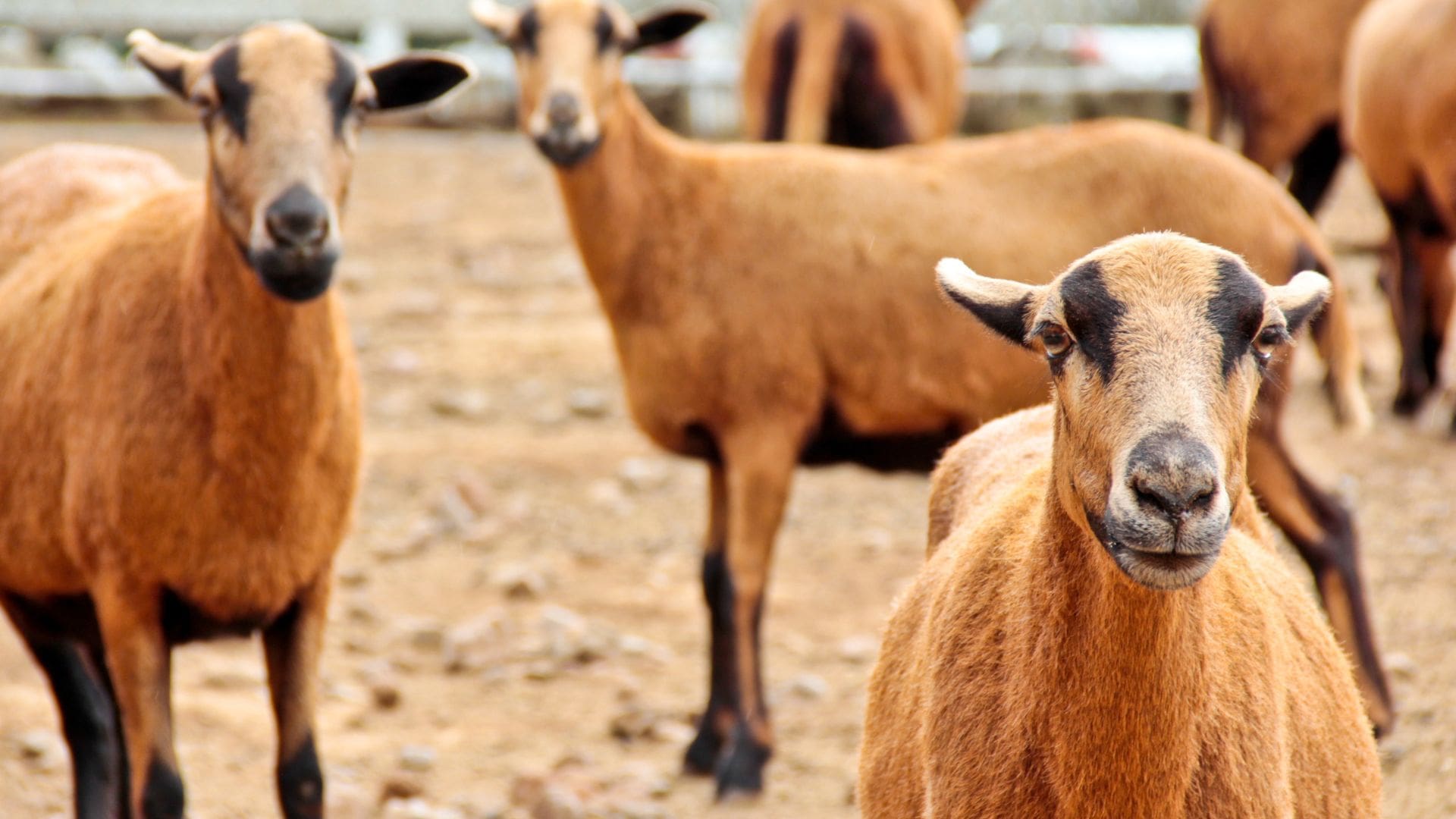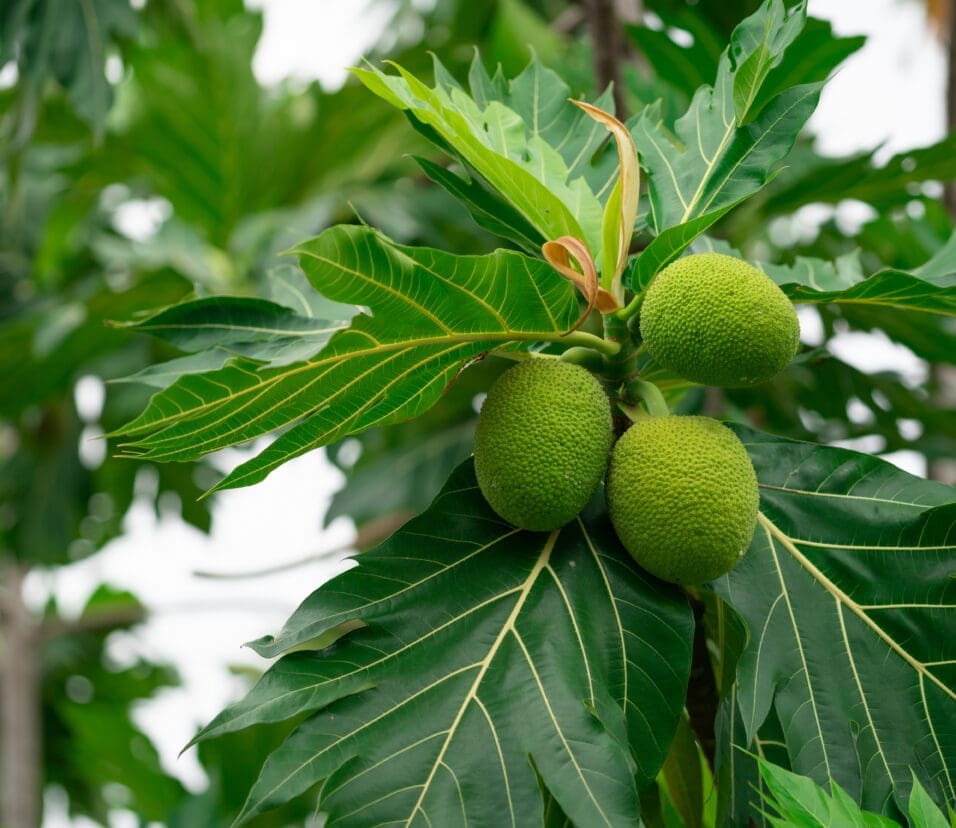Rearing Livestock in the Caribbean
John was a well known farm owner in Barbados. He lived on a bustling farm in the countryside of the island. Most of his days were spent running around, chasing after the sheep and chickens. Despite having much responsibility, John was a free spirited man who often neglected to properly care for his animals.
On occasion, John would feed the animals and give them vitamins. He often let the fences down and allowed them to run free. This wreaked havoc on the farm as the animals got into the crops and damaged them. They would also get into the water supply and contaminate it. This was a farm with a difference – pig mingled with goat, chicken with sheep, cattle with pig. The animals slept anyhow and anywhere.
Every time John got new livestock, they inevitably got sick and died. His neighbours had suggested that he might not be properly caring for his animals. As far as John was concerned, he was the greatest farmer and animal lover on earth. Afterall, he played with his animals regularly and allowed them to roam freely. He was sure that he was doing everything right. So, why was he constantly losing his animals? What vital information did he lack on animal rearing?

The Most Common Types of Livestock
The Caribbean is home to a variety of animals, both wild and domesticated.
Here are some of the most common types of livestock you’ll find:
- Goats – These are perhaps the most common type of livestock in the Caribbean. They are known for their hardiness and ability to thrive in harsh conditions. Goats are often used for their meat and milk, but their hides can also be used for making leather goods.
- Pigs – These are another common type of livestock in the Caribbean. They are typically raised for their meat, but their fat is also used to make lard and other products. Pigs are usually kept in pens or fenced in areas to prevent them from roaming free and damaging crops.
- Black-bellied Sheep – These animals are very social and can often be seen grazing in groups. They are known to be very friendly and curious, and they will often approach humans on sight. When they are not grazing, black-bellied sheep enjoy spending their time lying in the shade or taking a nap. They are sometimes raised for their meat as well.
- Cattle – These are typically raised for their meat, but are also used for their milk and leather. Cattle are usually kept in pens or pastures, where they graze on grass and other plants. They must be monitored closely to ensure that they do not contract diseases or become injured.
- Chickens – This is an important industry in the Caribbean, and farmers take great care to ensure that their birds are healthy and produce high-quality eggs. Chickens are typically kept in large barns or coops, designed to protect them from the tropical sun and provide plenty of space for them to move around. Farmers must provide their chickens with a balanced diet of grains, vegetables, and minerals. They must also be checked regularly for signs of illness and treated when necessary.
Livestock plays an important role in the economy. These animals provide food, fibre, and other resources that help to sustain the local population.
Nutrition
Nutrition is a vital part of ensuring that your animals are healthy and productive. Proper nutrition helps them to grow, develop properly, and resist disease. There are many different factors to consider when developing a livestock nutrition plan. This includes the type of animal, the age and stage of development, the environment, and the animal’s specific needs. Working with a qualified nutritionist can help you to create a customised plan that meets all of your animals’ needs.
Here are a few basic principles of livestock nutrition that apply to all animals:
- They need a balanced diet that includes all of the essential nutrients.
- They require different amounts of specific nutrients at different stages of their lives. For example, young animals need more protein than adults do.
- The environment influences an animal’s nutritional needs. For example, animals living in hot climates require additional water and electrolytes.
Each individual animal has its own unique nutritional requirements. This is why it is so important to work with a qualified professional when developing a nutrition plan for your livestock.
Livestock Health and Diseases
Livestock health and diseases are important issues in the Caribbean. The warm climate and high humidity create favourable conditions for the spread of diseases, and many animals are not resistant to these diseases. As a result, livestock health and disease management is a vital part of agriculture in the region.
There are several common diseases that affect livestock in the Caribbean. These include foot-and-mouth disease, rabies, Newcastle disease, and cattle ticks.
- Foot-and-mouth disease is a highly contagious viral disease that affects cloven-hoofed animals such as cattle, sheep, and pigs. It is characterised by fever, blisters on the mouth and feet, and severe lameness.
- Rabies is another viral disease that is transmitted through the bite of an infected animal. It causes inflammation of the brain and is fatal if left untreated.
- Newcastle disease is a viral respiratory disease that affects birds such as chickens and ducks. It is characterised by coughing, sneezing, and ruffled feathers.
- Cattle ticks are parasites that attach themselves to cattle and feed on their blood. They can cause anaemia and debility in cattle, as well as transmit other diseases such as babesiosis.
Livestock health and disease management is essential for ensuring the welfare of animals and the productivity of agriculture in the Caribbean. There are several measures that can be taken to prevent or control these diseases. These include vaccination, quarantine, treatment with antiviral drugs or antibiotics, and good hygiene practices. Animal husbandry practices such as culling sick animals, quarantining of new arrivals, and segregation of different species will also help to reduce the spread of diseases.
Caring for your Animals
As a responsible livestock owner, it is important to know how to properly care for your animals. This includes providing them with adequate food and water, shelter from the elements, and regular veterinary care. It is also important to create a safe and healthy environment for both animals and humans by keeping pens and stables clean and free of debris. Furthermore, livestock owners should be aware of the signs of disease and injury and know how to respond appropriately. By following these simple guidelines, you will keep your livestock healthy and happy for years to come.
Livestock Marketing
Livestock marketing is the process of bringing buyers and sellers together to purchase or sell livestock. This can be done through a variety of channels, including online marketplaces, auction houses, and private sales. Marketing efforts may also include advertising in print or online publications, as well as attending trade shows and other events. The goal of livestock marketing is to connect buyers with the right animals at the right price. This requires a thorough understanding of the market, as well as the needs and preferences of both buyers and sellers. With careful planning and execution, livestock marketing can be a successful way to improve the profitability of a farm or ranch operation.
There are many factors to consider when deciding what type of livestock to raise on your farm. You will need to consider your climate, land availability, market demands, and more when making your decision. However, with careful planning and research, you can be successful at raising any type of livestock in this tropical region of the world!
Livestock health and diseases are important issues in the Caribbean. The warm climate and high humidity create favourable conditions for the spread of diseases, and many animals are not resistant to these diseases. As a result, livestock health and disease management is a vital part of agriculture in the region.







